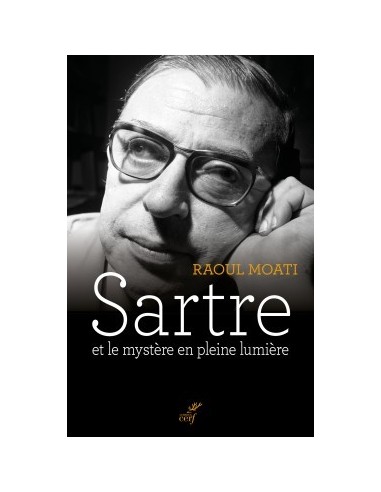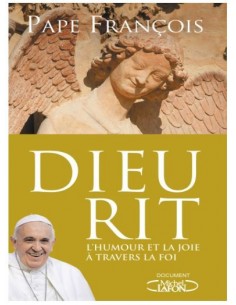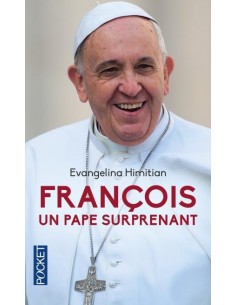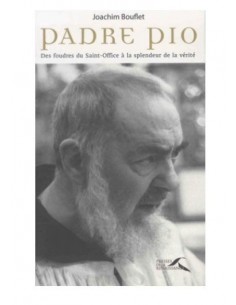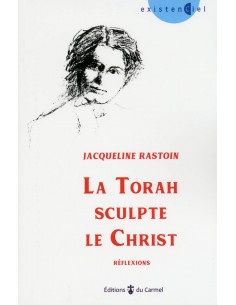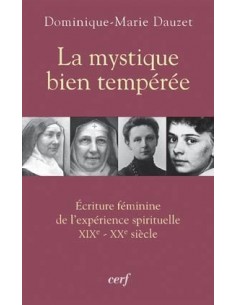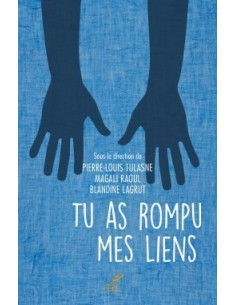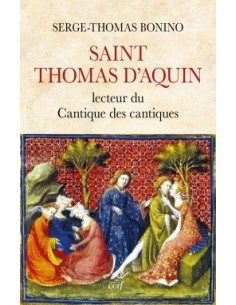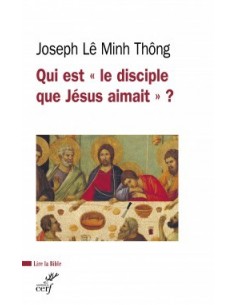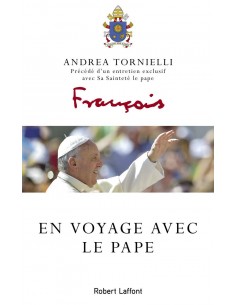We have all learned the lesson of phenomenology: man is not the prisoner of his subjective representations, he is directly a "being-in-the-world".
However, everyone has to choose the world at all times, that is, to choose himself and to base himself in the world as a unique and singular person within it. This idea implies the development of a discipline complementary to phenomenology, capable of defining man in the absolute reality and singularity of his project in the world. Method that Sartre names, by modifying Freud's thought, existential psychoanalysis.
That the singularity of our personal trial of the world is both what is most accessible to us and what, however, constantly escapes our knowledge, constitutes a paradox, a "mystery in full light", legitimizing the formation of a psychoanalysis, no less paradoxical, of consciousness. Psychoanalysis of a new kind of which Sartre sketches in many theoretical texts the method, which he himself will apply in his biographical essays on Baudelaire, Mallarmé, Genet and Flaubert.
To pierce the identity of a writer's singular world in order to enrich the understanding of his work by that of his unique momentum in the world, these are the results to which the Sartrean psychoanalytical method makes it possible to reach, beyond the only method inherited from phenomenology.
This essay is dedicated to identifying its meaning and understanding its philosophical, clinical and literary fecundity.
Raoul Moati is Professor of Philosophy at the University of Chicago. He is the author of Derrida/Searle, Deconstruction and Ordinary Language (2009), Nocturnal Events - Essay on Totality and Infinity (2012), and Derrida and Ordinary Language (2014).
- Width
- 15,5 cm
- Weight
- 755 gr
- SH
- 49019900
- Height
- 24 cm

















